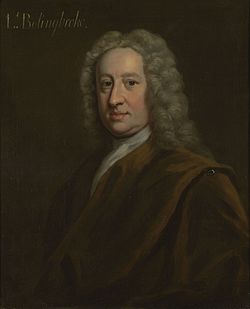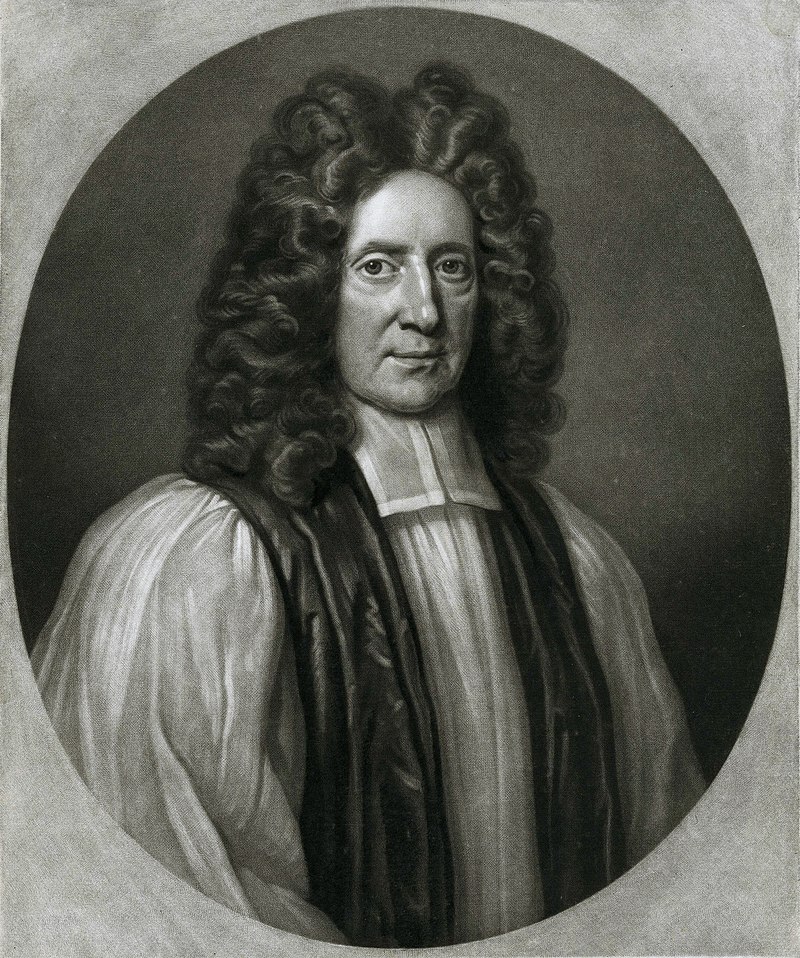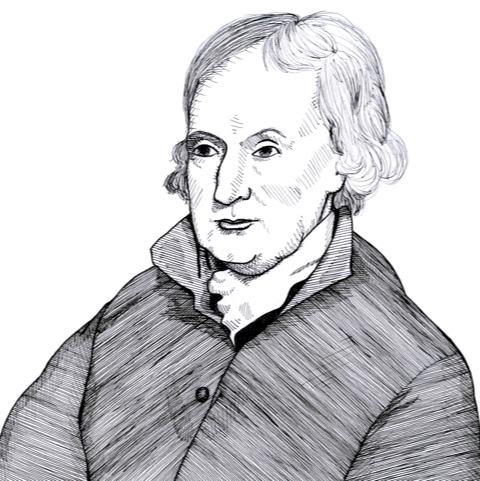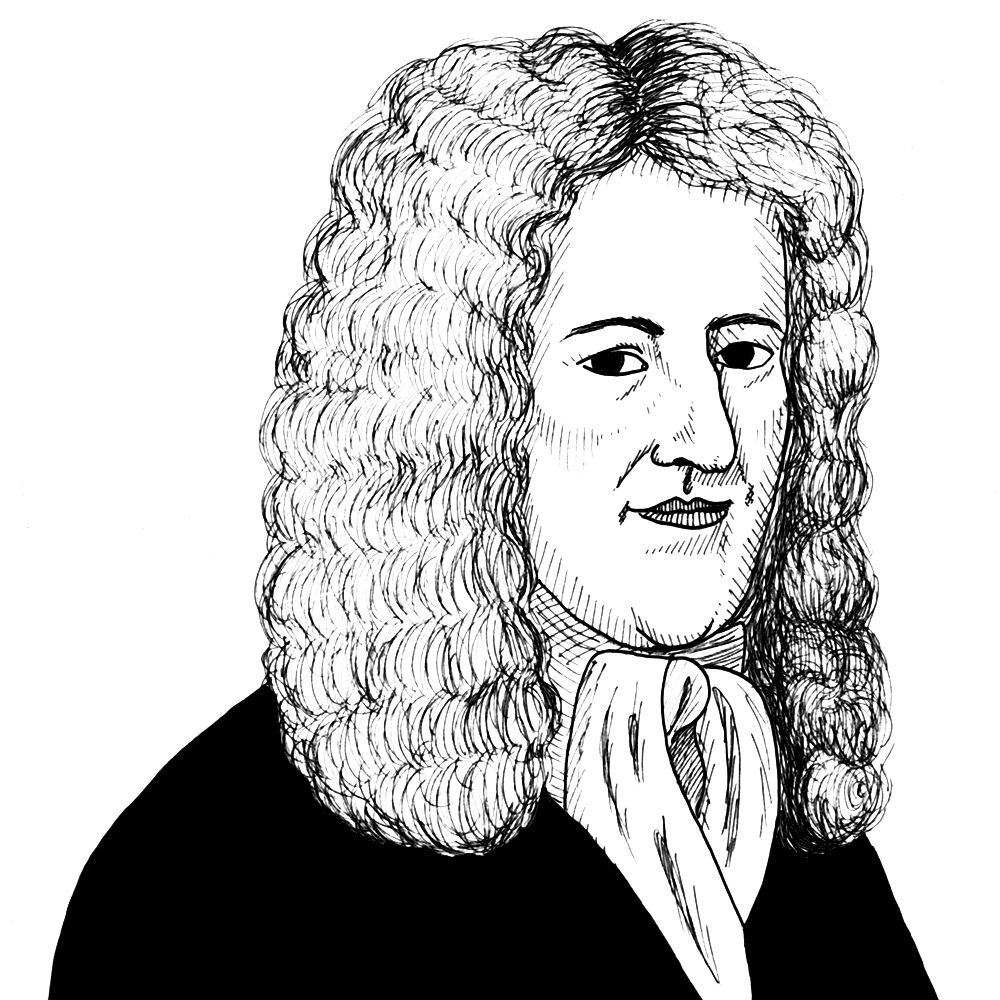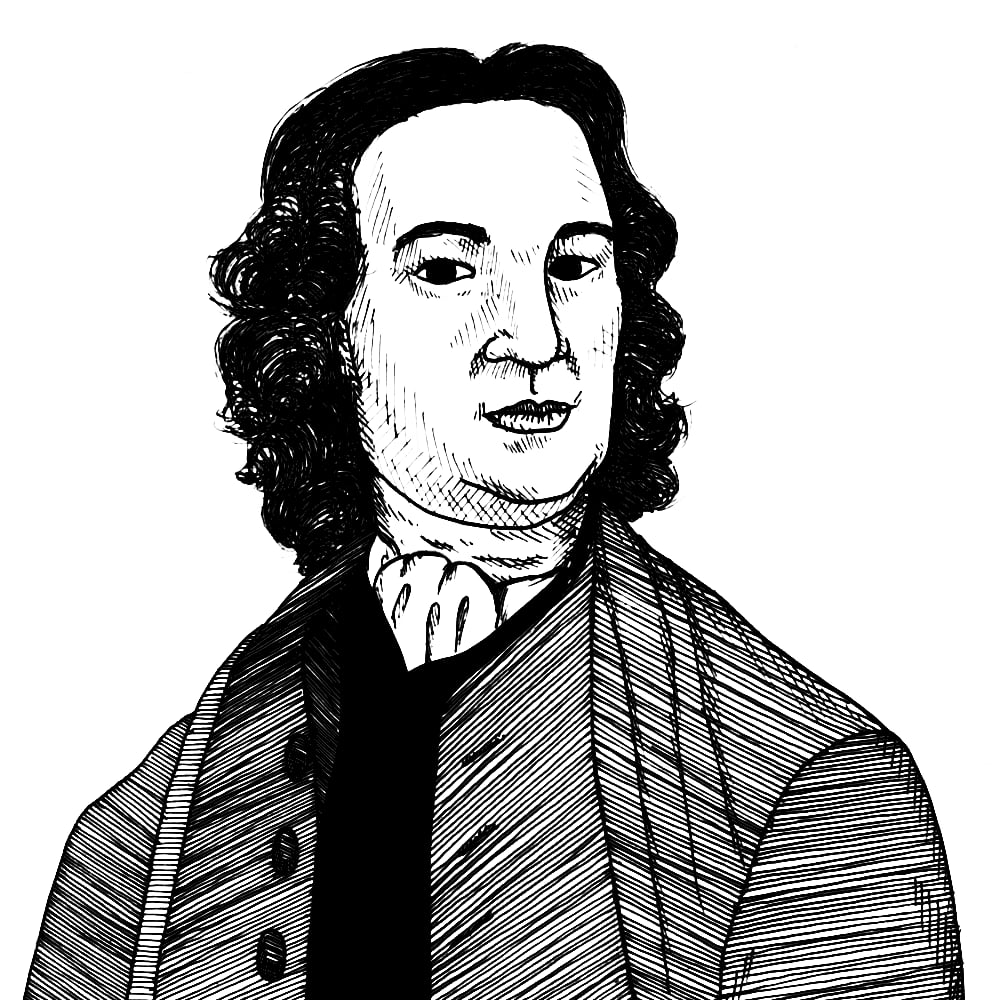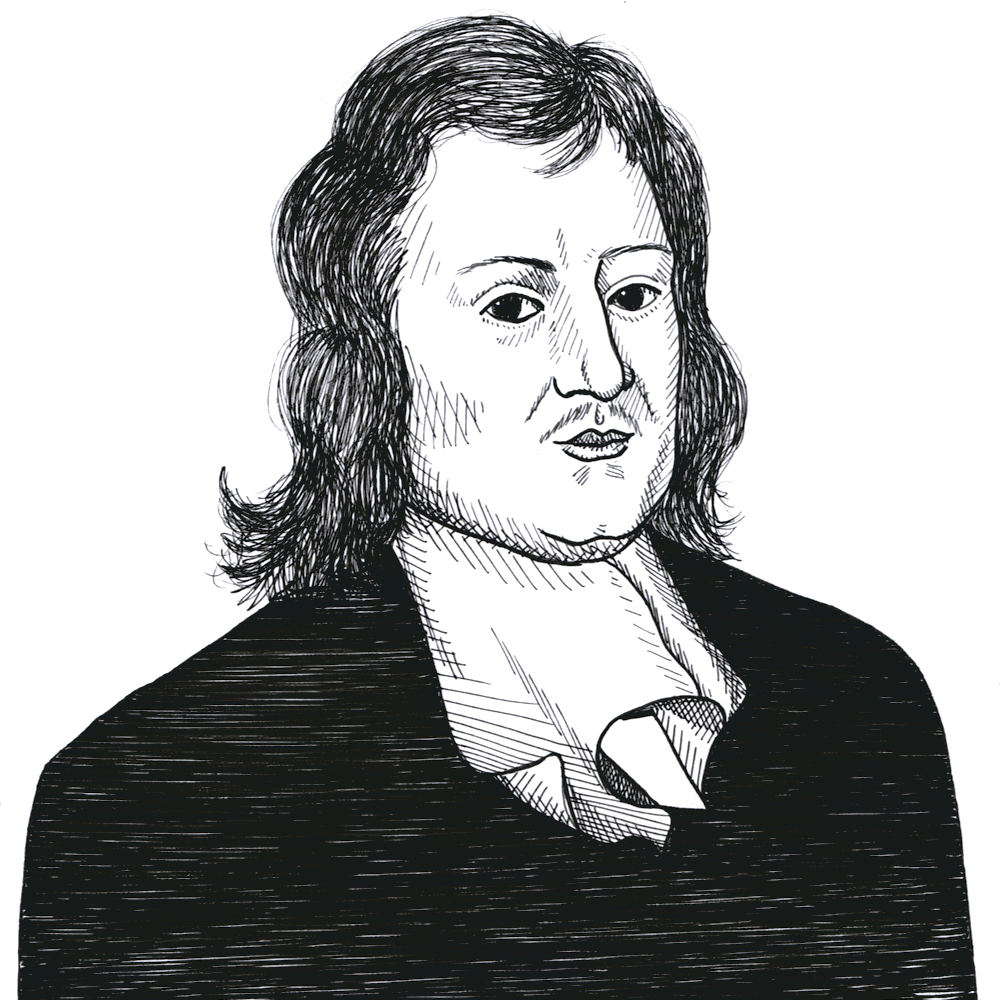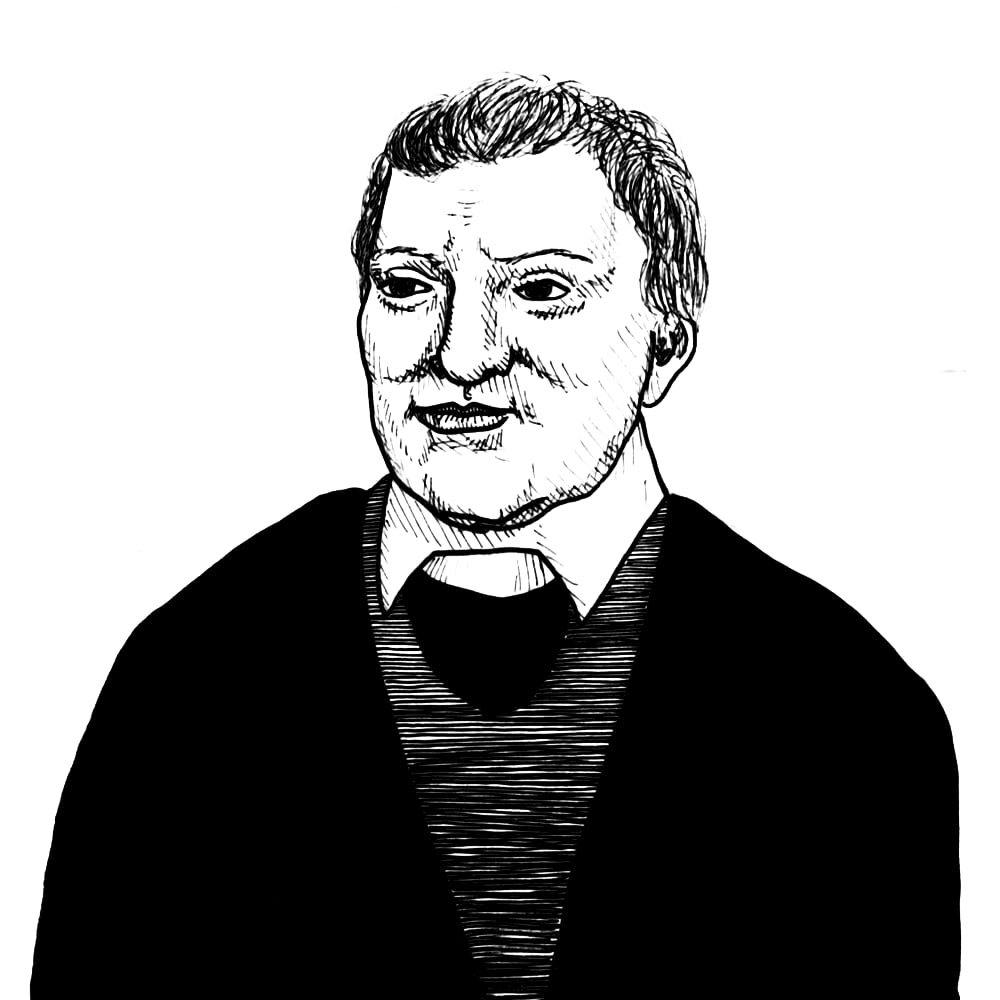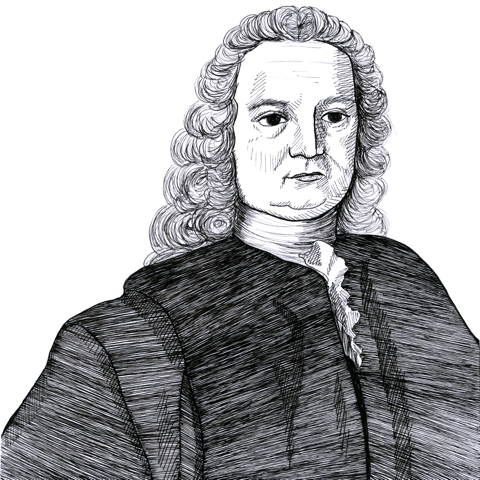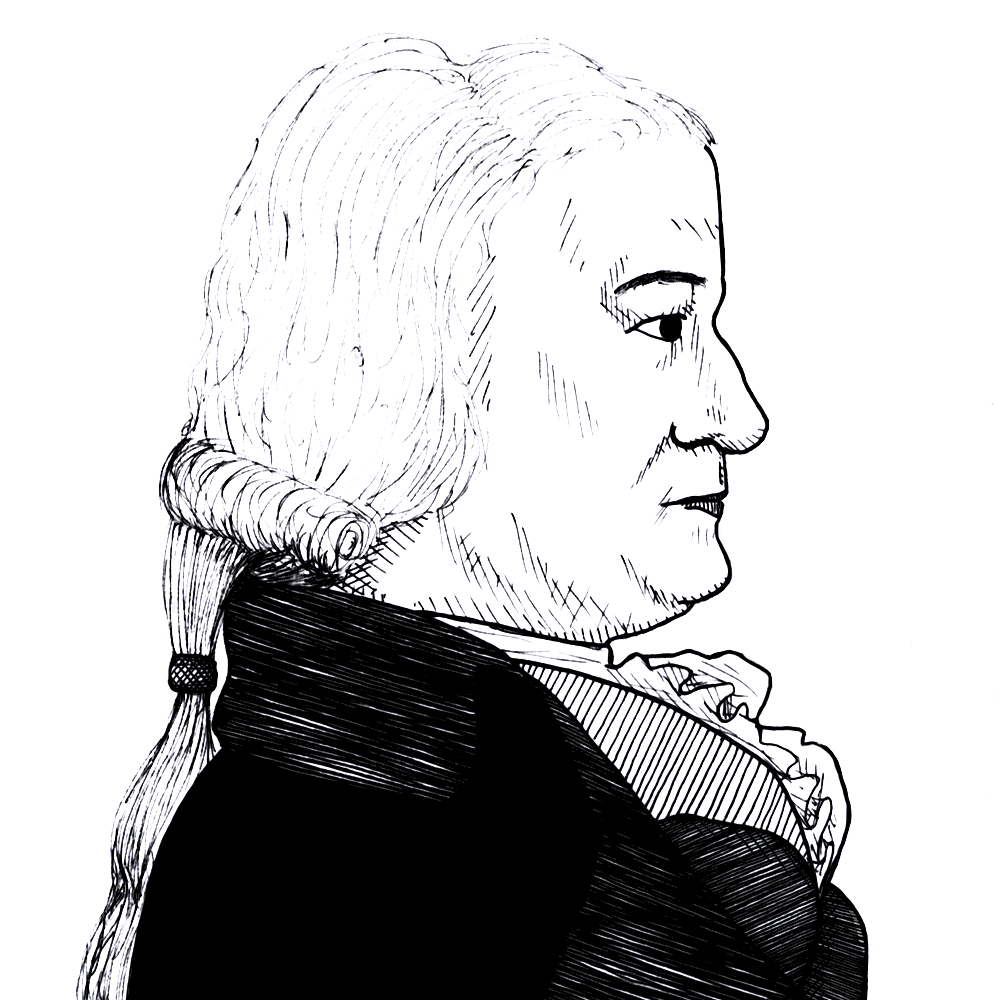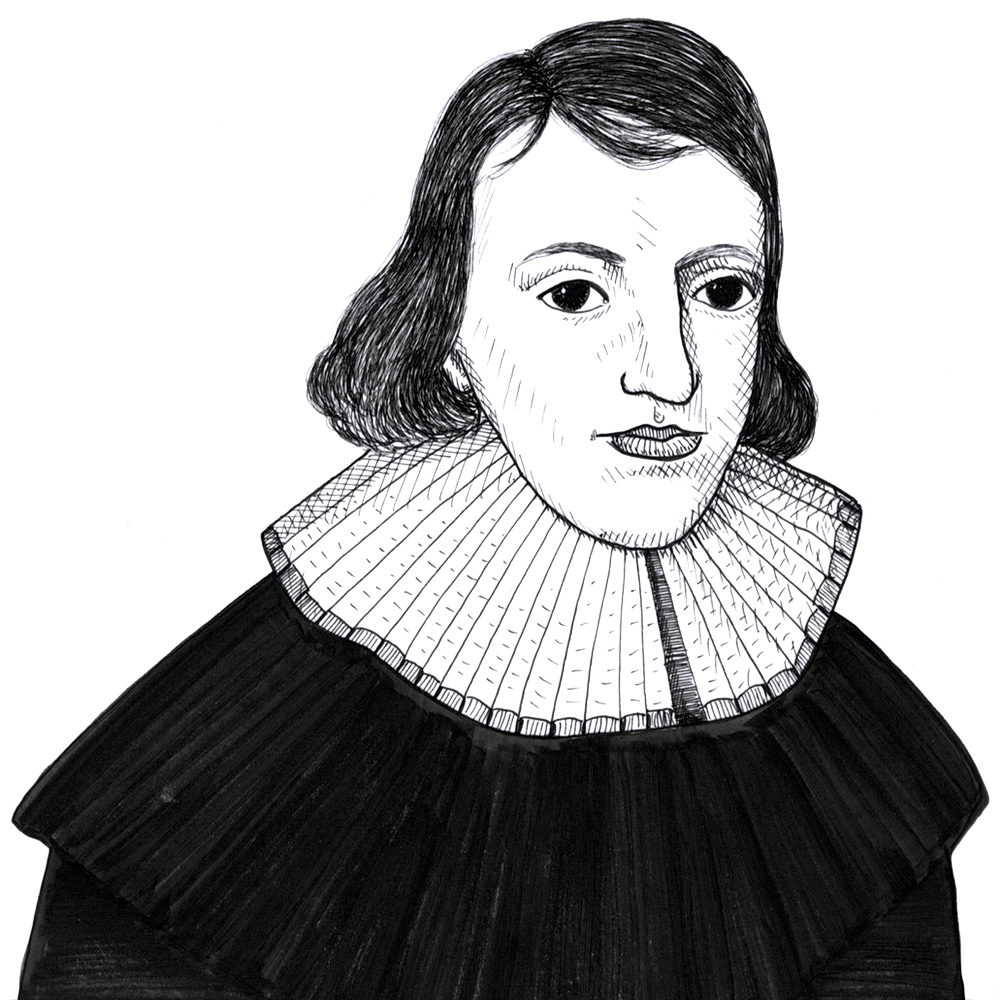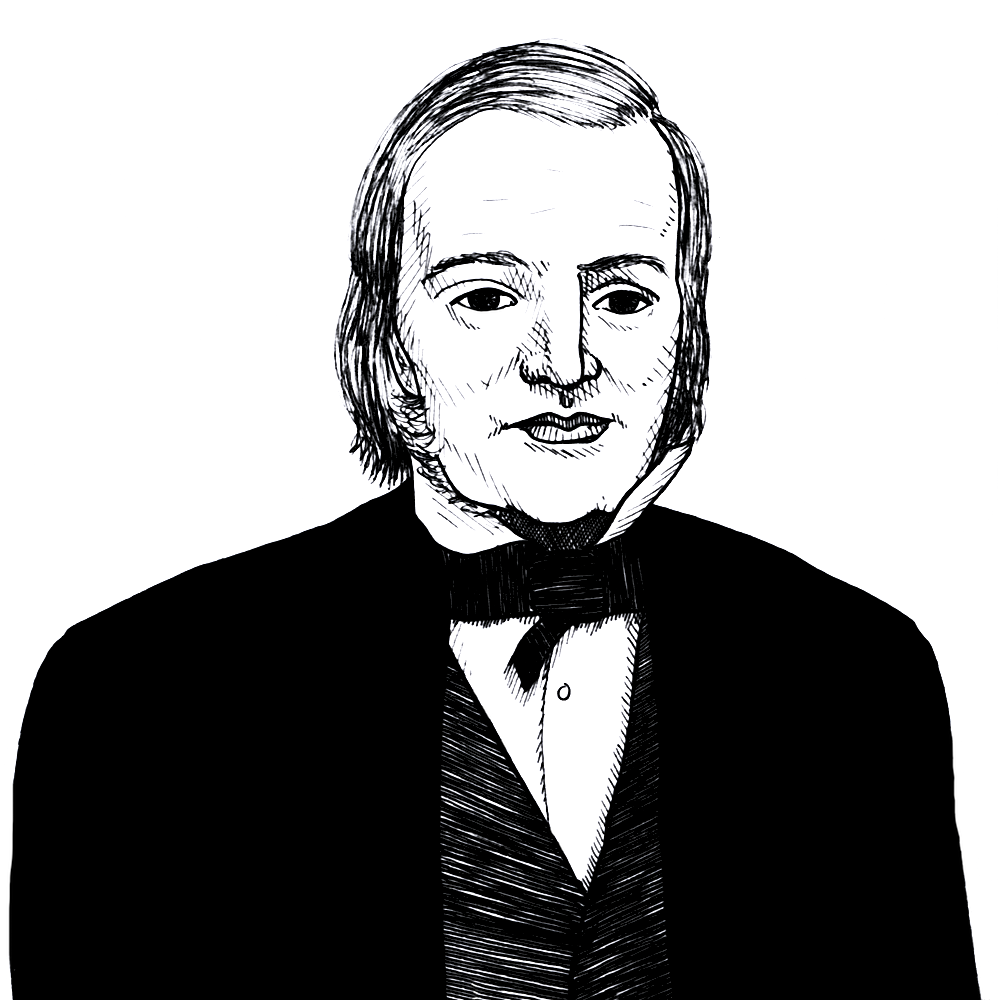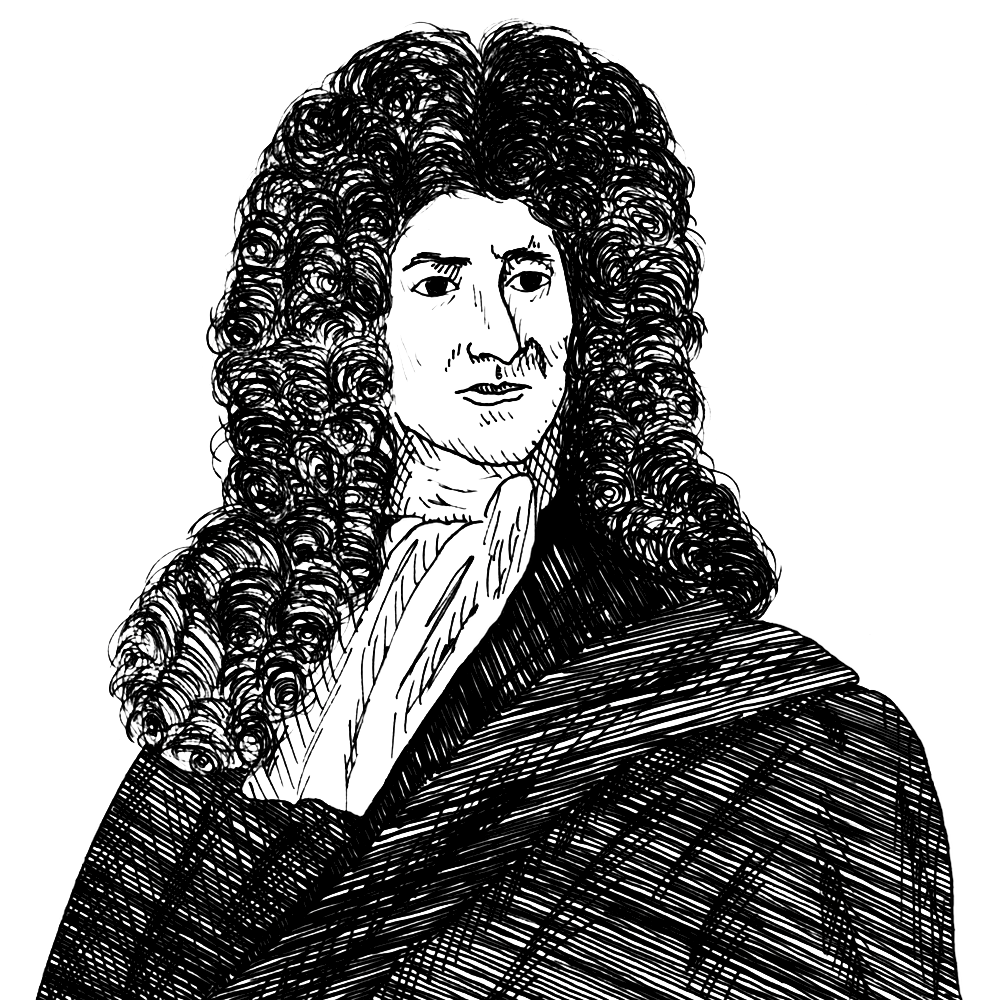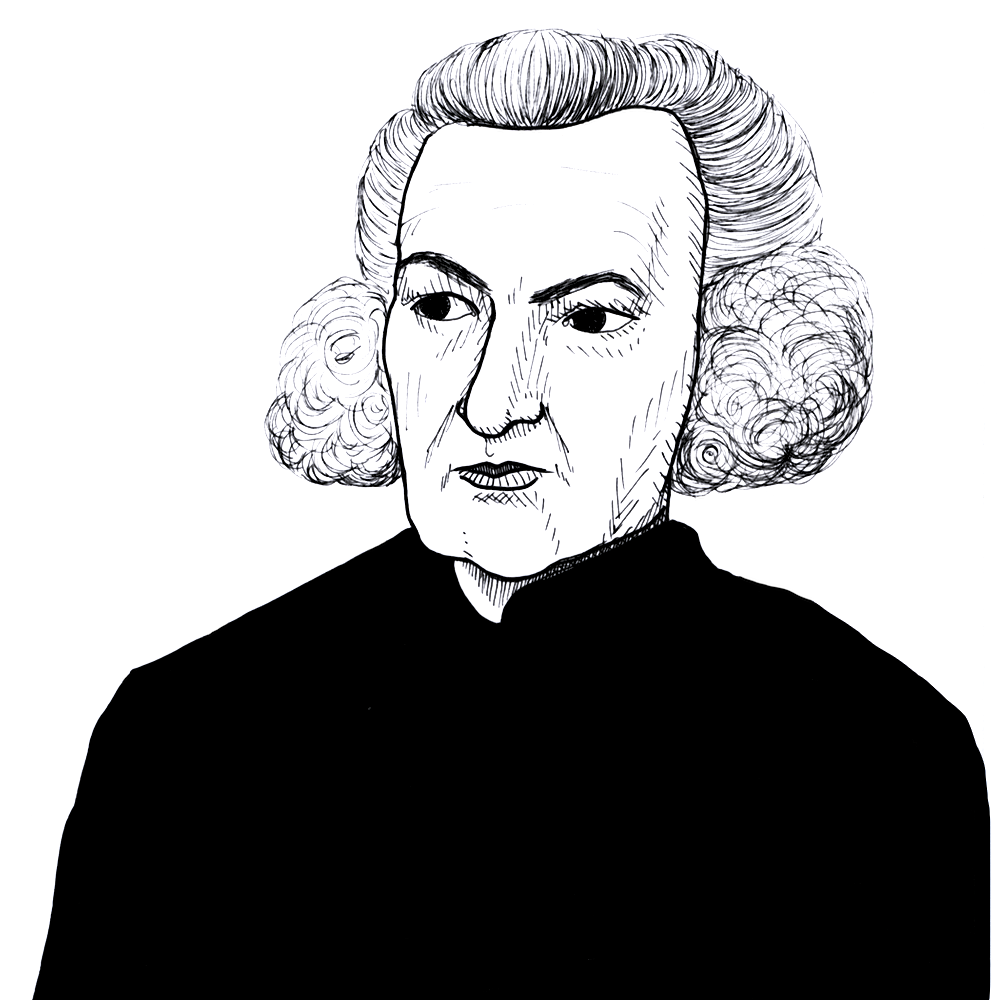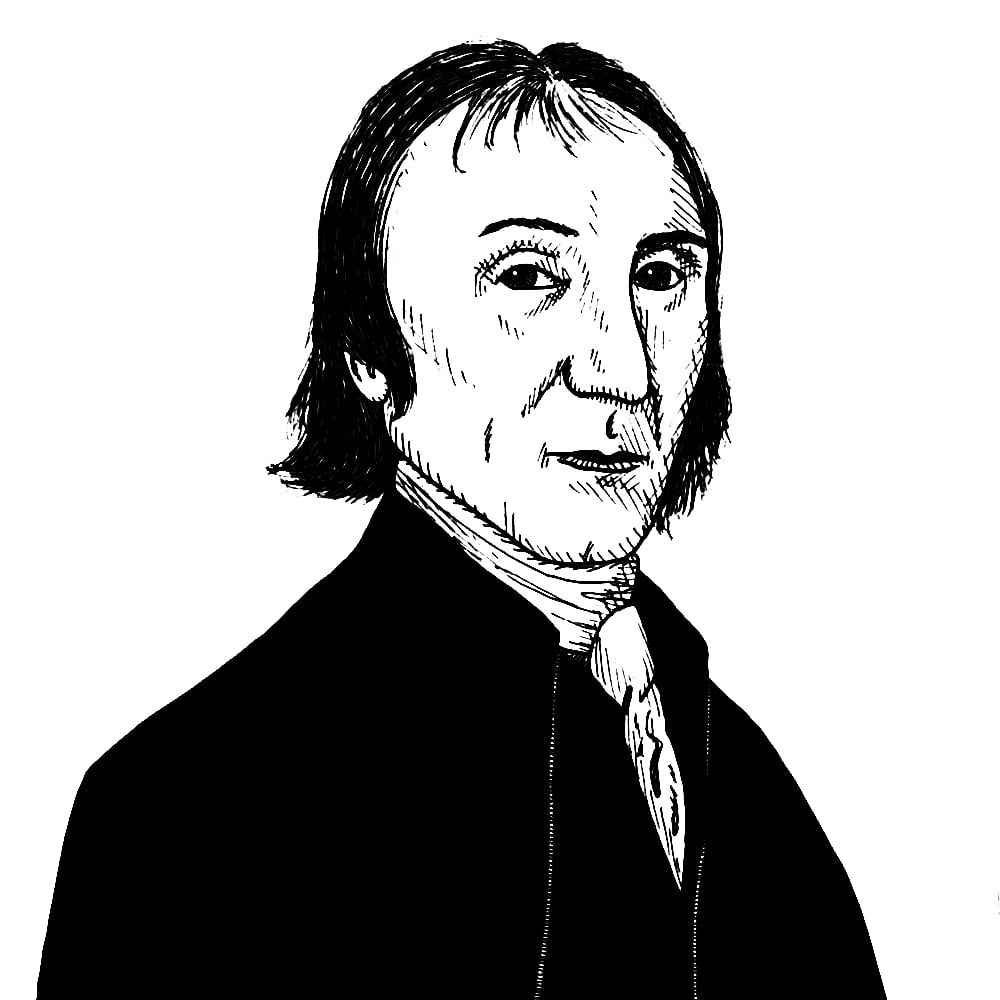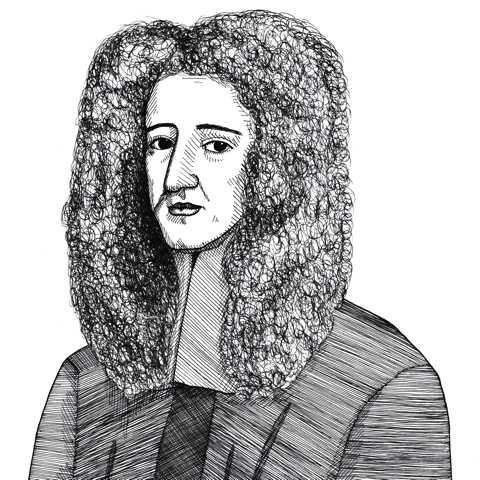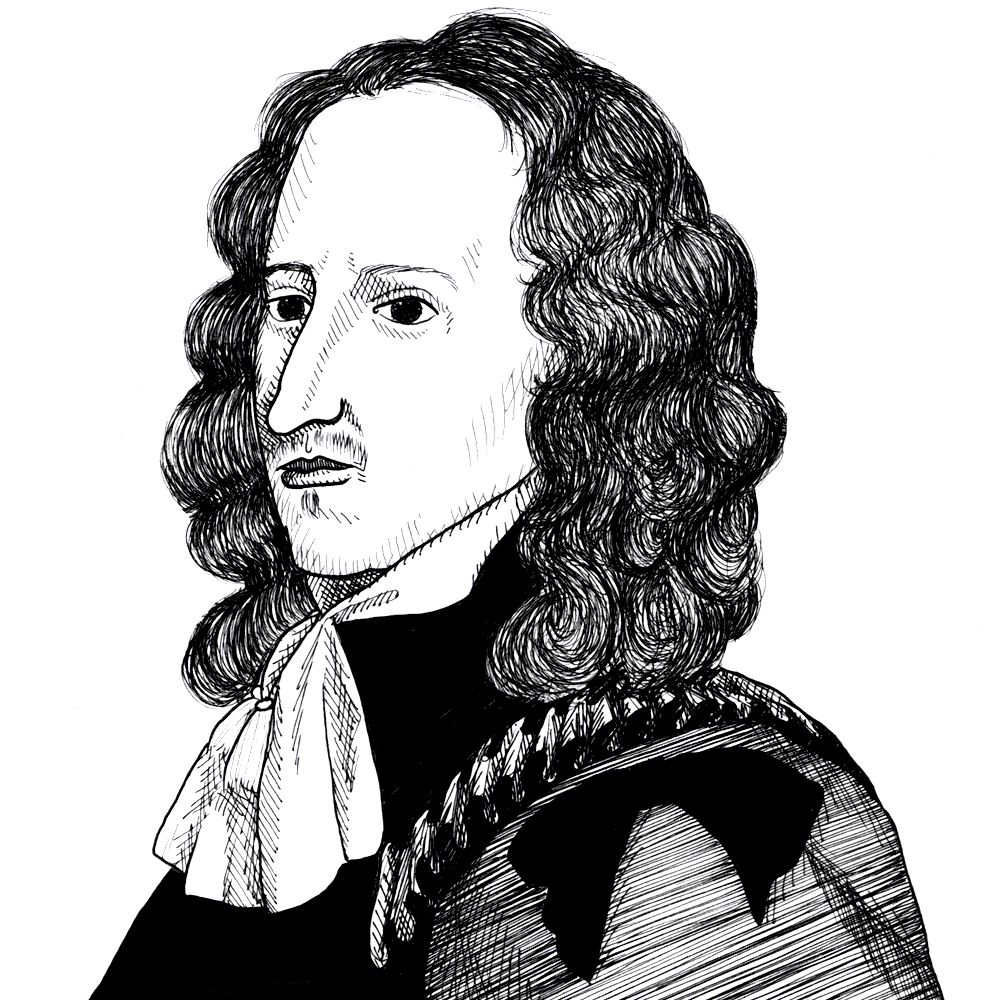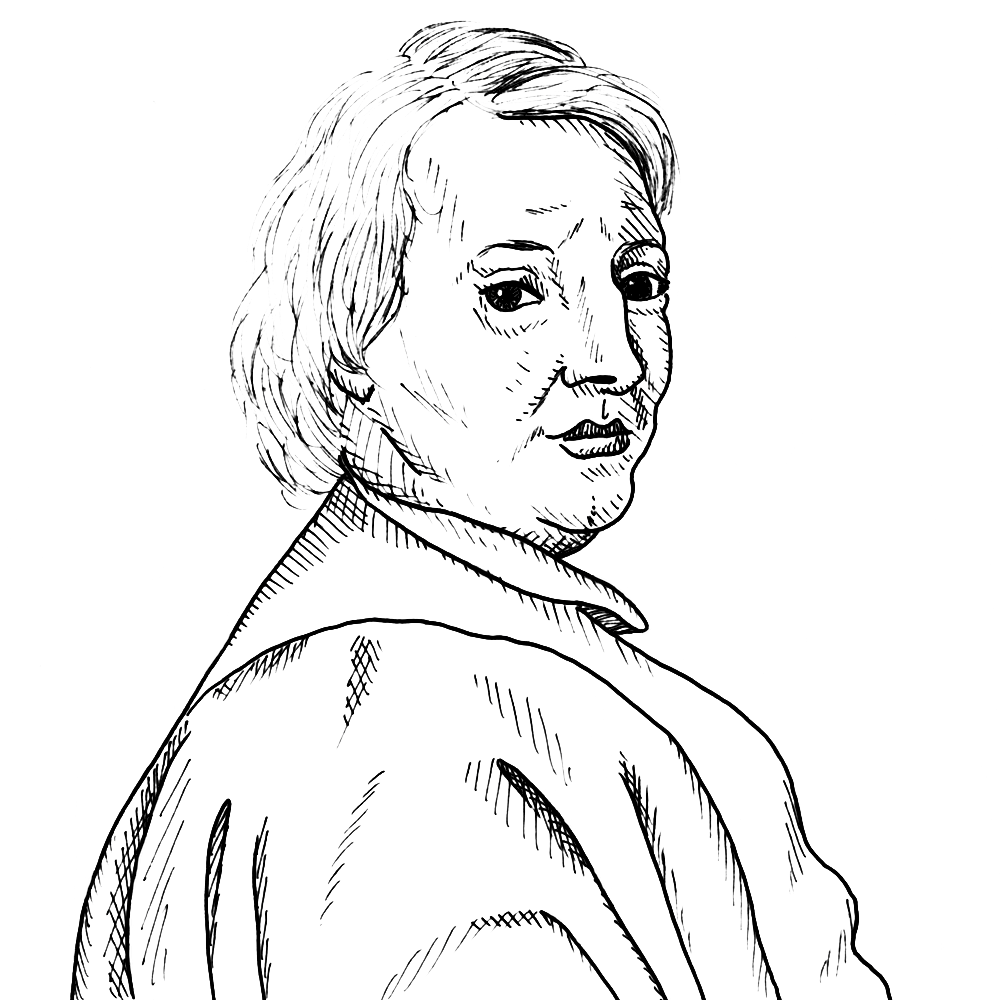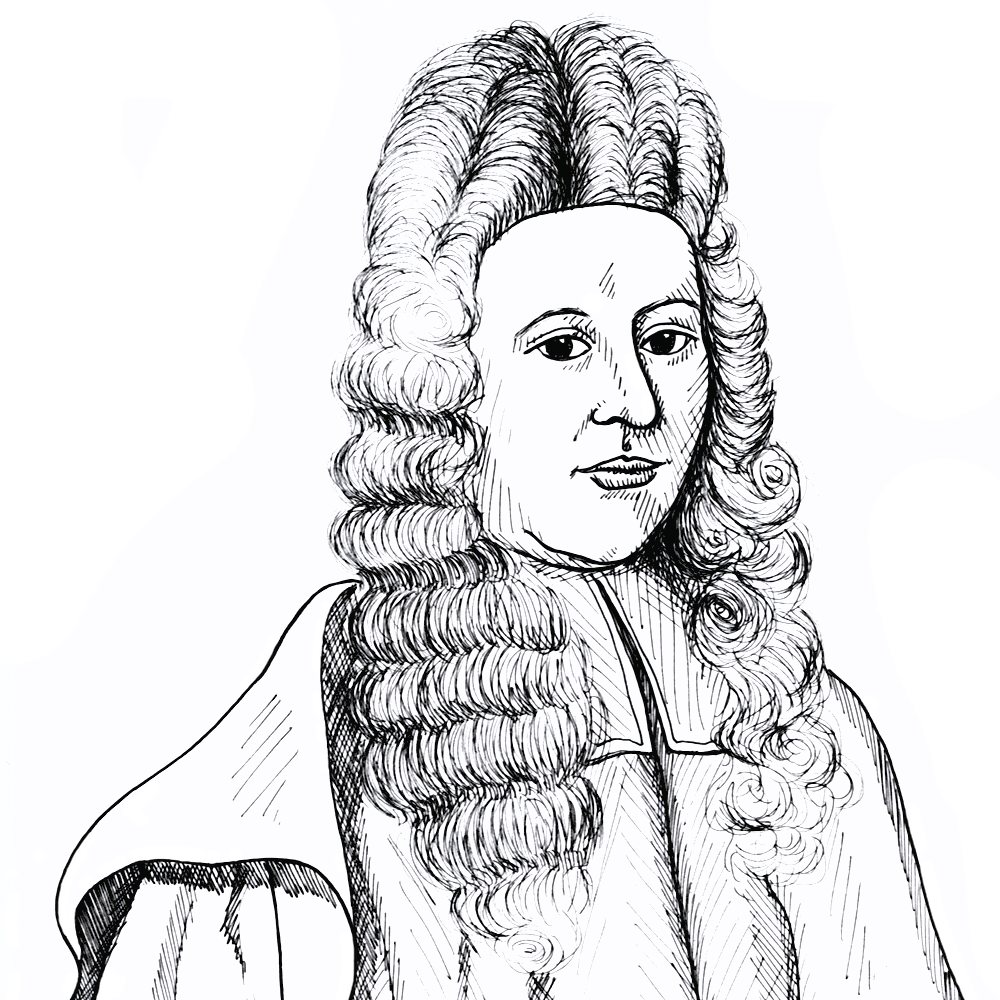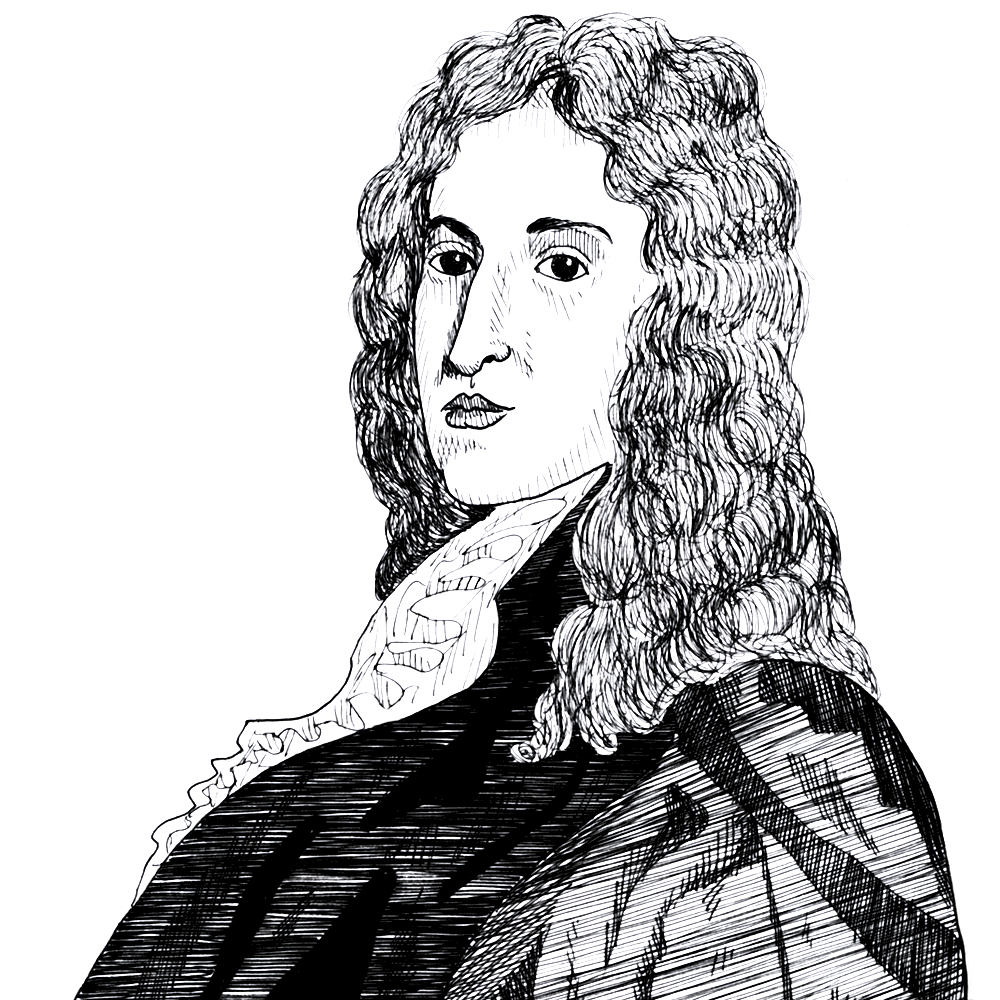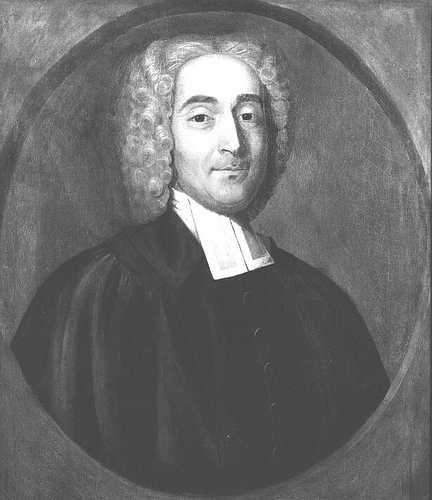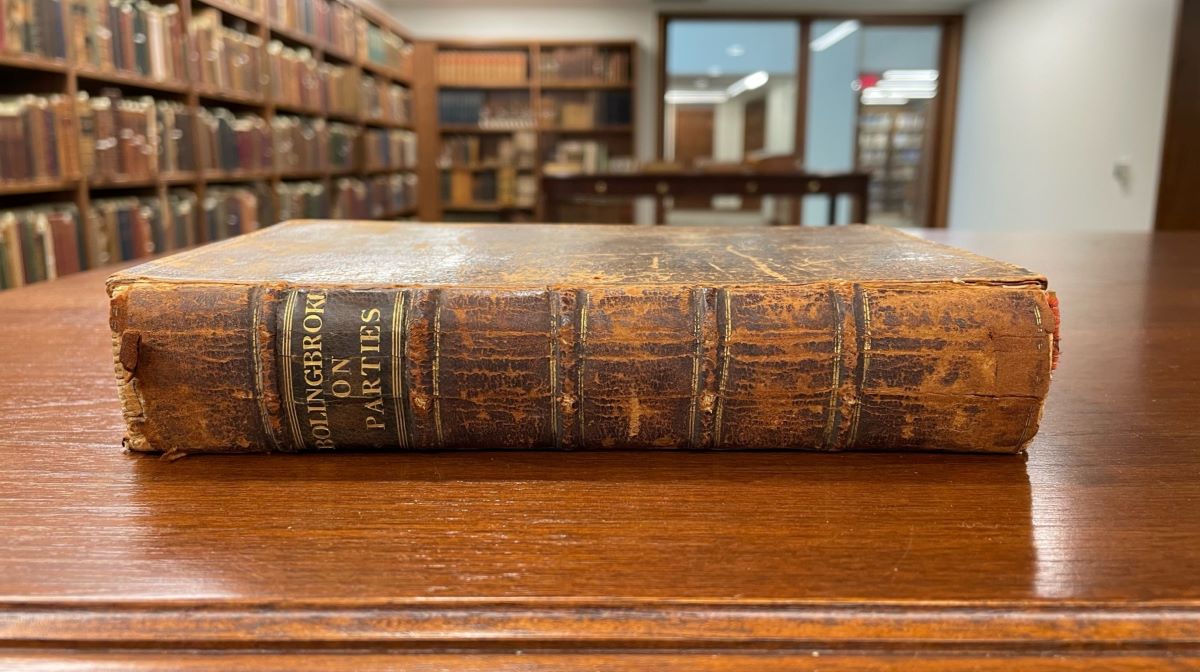18th Century Commonwealthmen
About this Collection
According to Caroline Robbins, the 18thC Commonwealthmen built upon the Old or Real Whig tradition and were active from the Glorious Revolution of 1688 to the eve of the American Revolution in 1776. They believed in natural rights, limited government, republicanism, parliamentary reform, the rule of law, religious toleration, the reform or ending of mercantilist economic regulation, increased independence for the colonies, secularized education, and of course, individual liberty.
Key People
Titles & Essays
Quotes
Law
Algernon Sidney on the need for the law to be “deaf, inexorable, inflexible” and not subject to the arbitrary will of the ruler (1698)
Presidents, Kings, Tyrants, & Despots
Algernon Sidney’s Motto was that his Hand (i.e. his pen) was an Enemy to all Tyrants (1660)
Natural Rights
Shaftesbury and Learning Goodness
Liberty
Simeon Howard on liberty as the opposition to “external force and constraint” (1773)
Notes About This Collection
For more information see:
Caroline Robbins, The Eighteenth-Century Commonwealthman: Studies in the Transmission, Development, and Circumstance of English Liberal Thought from the Restoration of Charles II until the War with the Thirteen Colonies (Indianapolis: Liberty Fund, 2004).
For additional information about the 18thC Commonwealthmen see the following:
- in the Forum: Timeline on the 18thC Commonwealthmen
